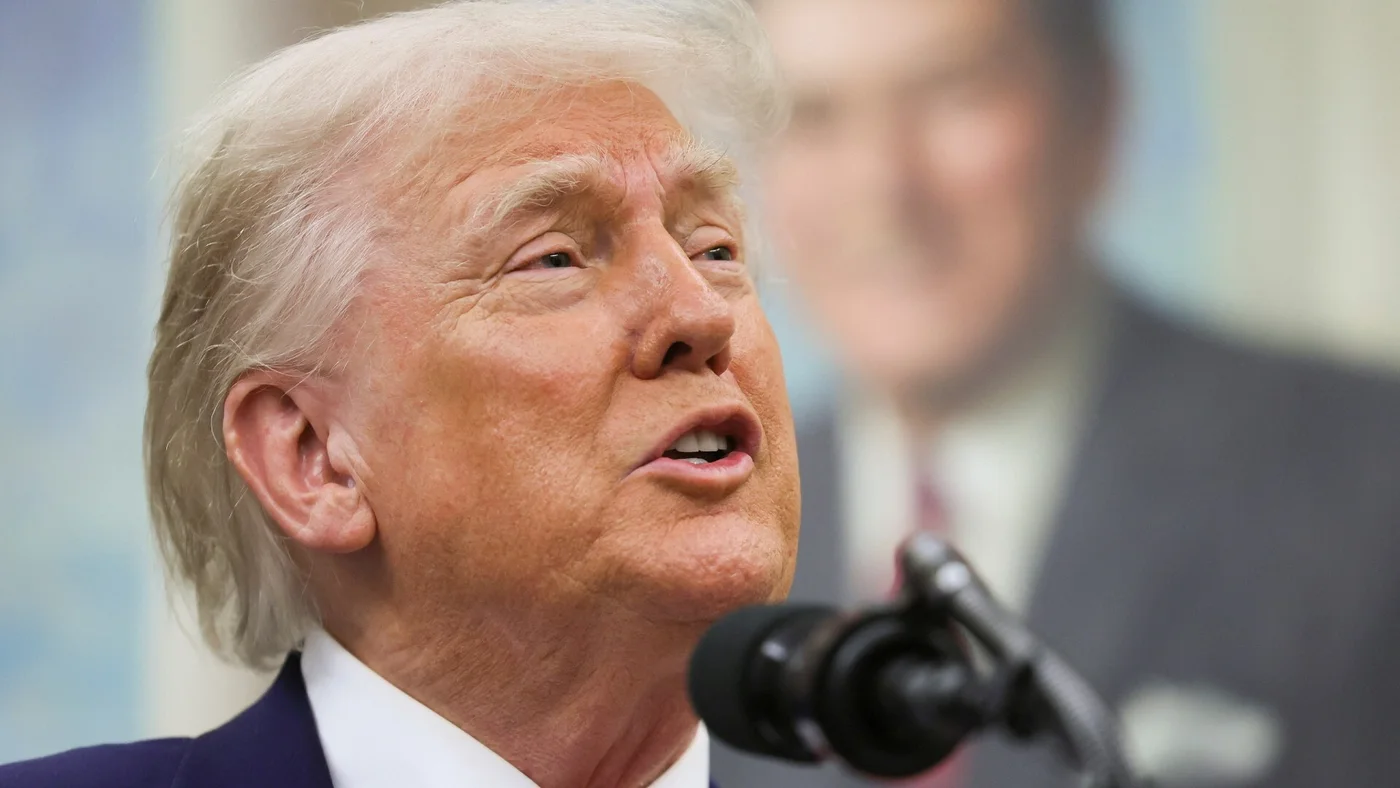Former U.S. President Joe Biden’s recent prostate cancer diagnosis has prompted an outpouring of support from across the political spectrum and around the globe, with current and former world leaders offering prayers, well-wishes, and messages of solidarity. The news, confirmed by Biden’s office on Saturday, revealed that the 82-year-old former president is undergoing treatment for an early-stage but localized form of the disease.
The diagnosis comes amid heightened political activity in the U.S., but leaders from both parties have largely put aside their partisan differences to express support. President Donald Trump, who defeated Biden in the 2024 presidential election, issued a rare bipartisan message: “We may have had our battles, but I wish Joe a full and speedy recovery. Cancer affects everyone, and I hope he gets the best care possible.”
Trump’s statement surprised many observers, given the deeply adversarial relationship between the two men during their overlapping political careers. But political analysts say such moments of unity are historically common in the face of health challenges faced by national figures.
Former President Barack Obama also responded with a heartfelt message. “Joe is one of the toughest people I know,” he wrote on X (formerly Twitter). “He’s faced adversity before, and I know he’ll face this with the same strength and grace. Michelle and I are praying for him and his family.”
Vice President Kamala Harris and her husband, Doug Emhoff, shared their support publicly as well. “President Biden is a fighter and a public servant who has given everything for this country,” Harris said. “We are with him every step of the way.”
From Capitol Hill, members of both major parties issued statements wishing Biden well. Senate Majority Leader Chuck Schumer called Biden “a pillar of decency and resilience,” while House Speaker Mike Johnson said, “We stand united in support of President Biden and pray for his swift recovery.”
International leaders also chimed in, including Canadian Prime Minister Justin Trudeau, who described Biden as “a friend of Canada and a friend to the world.” UK Prime Minister Rishi Sunak and French President Emmanuel Macron likewise offered messages of hope and strength.
Biden’s diagnosis was revealed after a routine screening led to a biopsy, which confirmed early-stage prostate cancer. His medical team emphasized that the prognosis is positive and that the cancer was detected before it could spread. He has reportedly begun radiation treatment and will continue to receive care under close supervision.
Biden, known for his resilience and personal tragedies—including the loss of his first wife and daughter in a car accident in 1972 and the death of his son Beau Biden from brain cancer in 2015—has yet to issue a lengthy public statement about his condition but has thanked supporters for their well-wishes.
In a brief message posted to his social media, Biden wrote: “Thank you to everyone who has reached out. I’m in good hands and feeling strong. We’ve all been touched by cancer in some way. I’m no different—and I’m not going anywhere.”
Biden’s health has been a subject of scrutiny for years, especially during his 2020 and 2024 presidential campaigns. At 82, he is among the oldest living U.S. presidents, and his medical status has long been part of the public conversation. Still, doctors say that prostate cancer, particularly when caught early, is one of the most treatable forms of the disease.
Medical experts across the country have also used the moment to encourage public awareness. The American Cancer Society reported a sharp uptick in web traffic to its prostate cancer resources page following the news. “This is a reminder to all men—particularly those over 50—to get regular screenings,” said Dr. Alan Wu, a leading oncologist at Johns Hopkins.
As Biden begins his treatment out of the public spotlight, his diagnosis has temporarily united a fractured political climate around a moment of human empathy. Whether that unity will persist remains uncertain, but for now, bipartisan compassion is prevailing.



